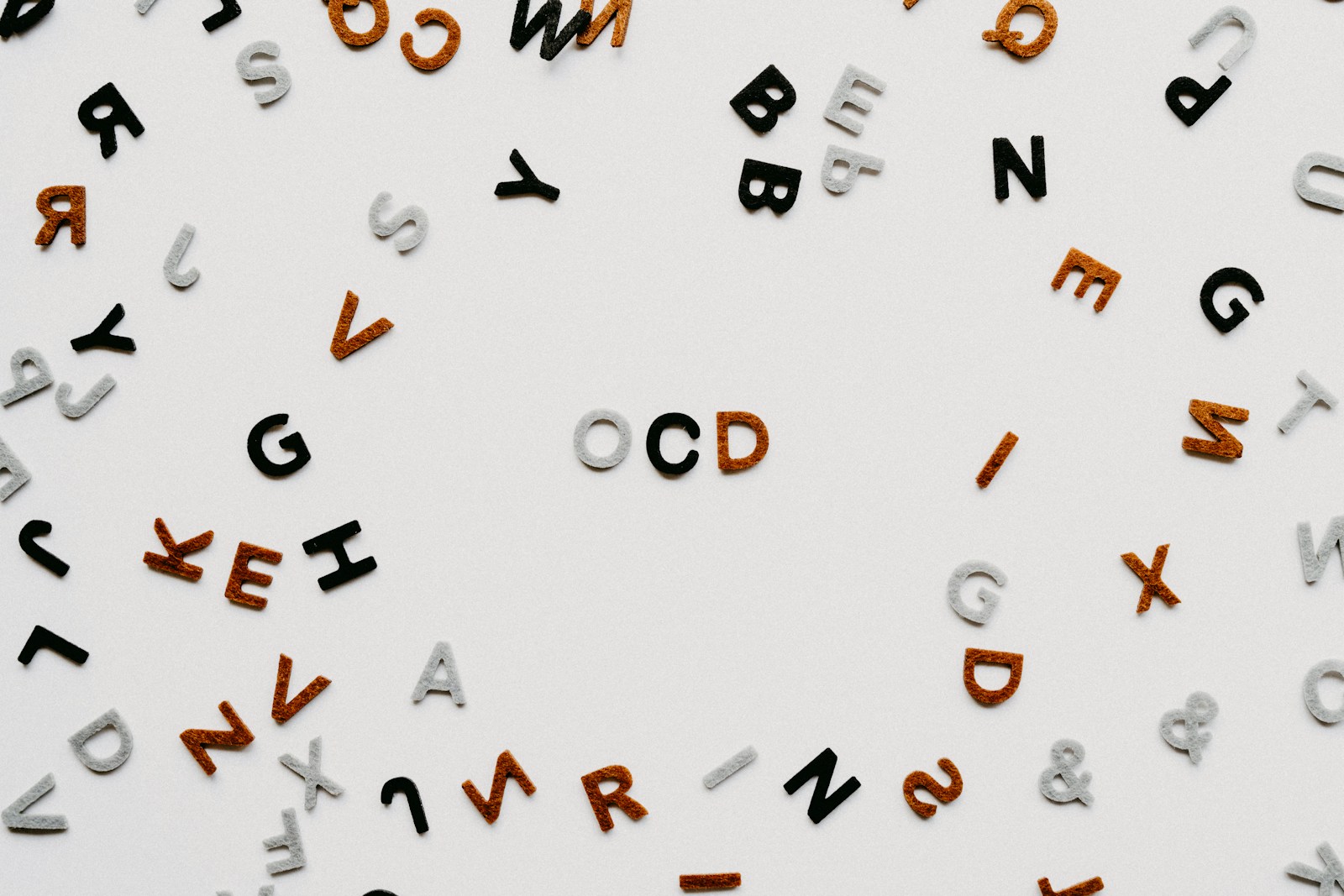Every individual, in their lifetime, experiences intrusive and peculiar thoughts, images, or urges that are difficult to ignore. While it can be a sporadic occurrence for some, others might face it more frequently, leading to significant distress and disturbance in routine life—a characteristic feature of Obsessive Compulsive Disorder (OCD). Notably, OCD is not only about experiencing intrusive thoughts but includes a variety of symptoms that might eventually affect the person’s overall functionality.
Understanding OCD
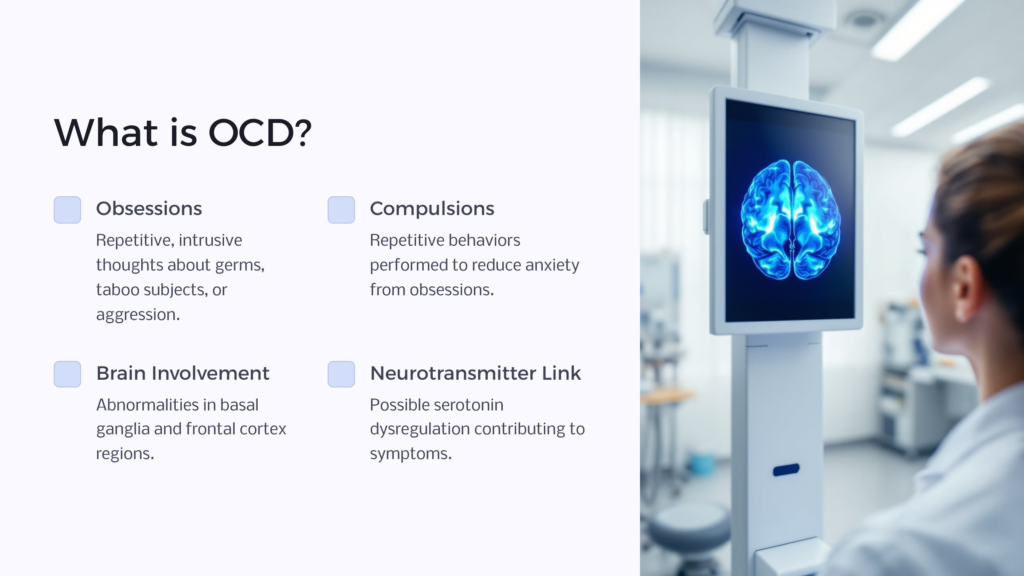
Obsessive Compulsive Disorder, often shortened to OCD, is a mental health condition characterized by persistent, unwanted thoughts and fears termed as obsessions that induce compulsive behaviors to mitigate the associated distress. Obsessions are repetitive and intrusive thoughts that include a fear of germs, taboo thoughts about sex or religion, or aggressive thoughts towards self or others. Compulsions are the repetitive behaviors or actions that an individual performs to reduce the anxiety caused by the obsession.
Scientifically, OCD is often associated with abnormalities in certain regions of the brain, including the basal ganglia and the frontal cortex. These regions have a role in controlling body movements and producing responses to various situations. The physiological characteristics of these brain structures indicate they might also be responsible for suppressing inappropriate actions or thoughts. The symptoms of OCD are thought to rise from dysfunction in these structures. Research also suggests links between serotonin neurotransmitter dysregulation and the onset of OCD symptoms.
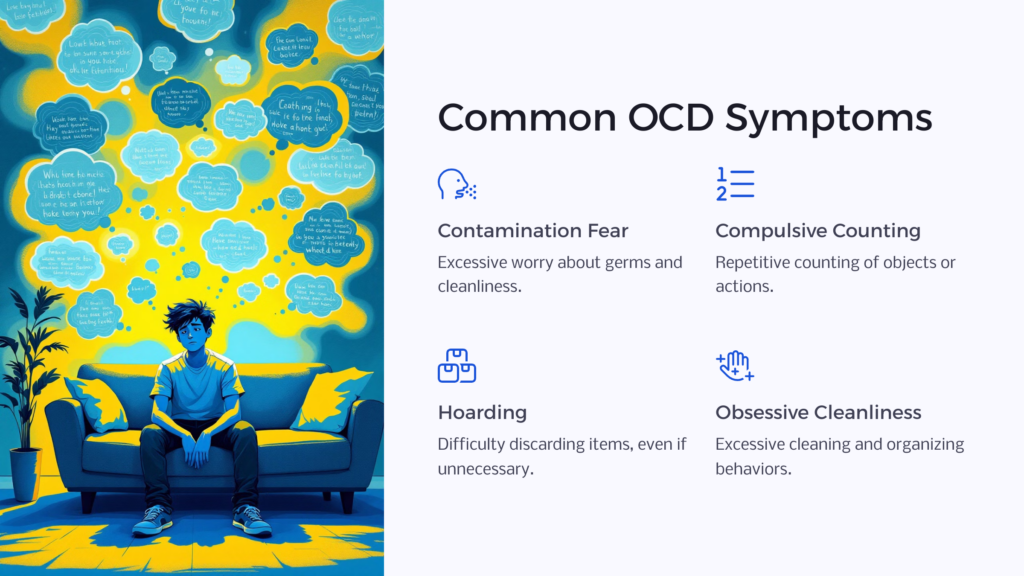
Common symptoms of OCD often include fear of contamination or germs, compulsive counting, difficulty throwing things out (hoarding), and obsessive cleanliness. If you or someone you know is experiencing obsession and compulsion to this level, it might be time to seek professional help.
OCD and Its Impact on Daily Life
Like any other mental disorder, OCD has considerable implications for an individual’s regular life, given its capacity to prompt severe anxiety, derail daily routines, and impair both mental functioning and social relationships. The relentless obsessive thoughts and the repetitive behavior can consume substantial amounts of time, leading to a decline in productivity in personal and professional realms.
OCD as a Clinical Disorder
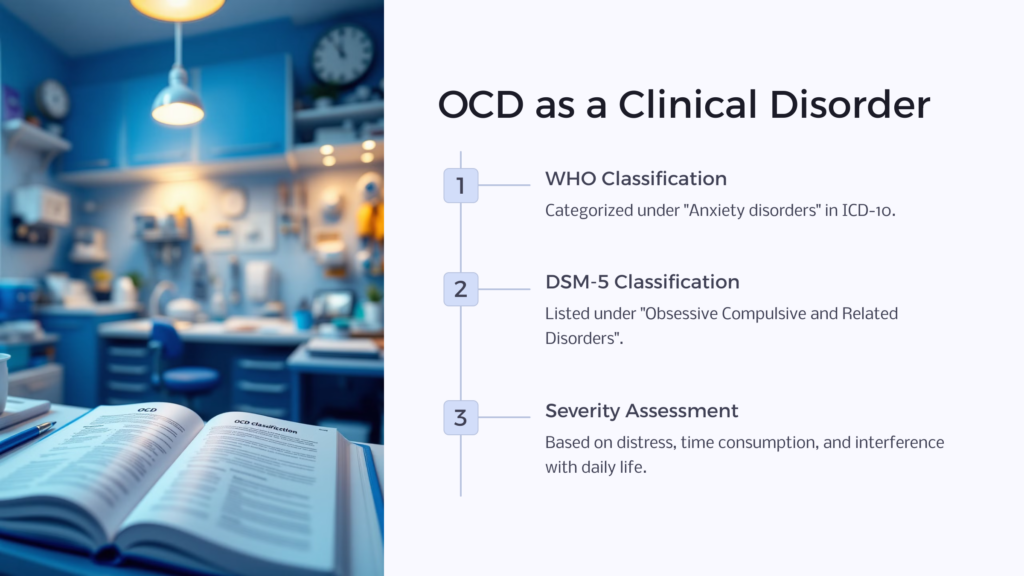
The World Health Organization (WHO) and the American Psychiatric Association consider OCD to be a significant medical condition. OCD in its most severe form, according to the WHO’s International Classification of Disease (ICD-10), is categorized under “Anxiety disorders,” indicating that it can potentially inhibit normal functioning. The American Psychiatric Association’s Diagnostic and Statistical Manual of Mental Disorders (DSM-5) places OCD under “Obsessive Compulsive and Related Disorders,” emphasizing its recurrent and persistent manner that leads to distress or impairment.
The severity of OCD is judged on the distress it causes, its time consumption, and the degree of interference in a person’s daily life. Generally, OCD appears with moderate intensity in most cases, but nearly 10-20% of cases have severe implications, escalating it to a potential disability.
OCD and Disability Benefits
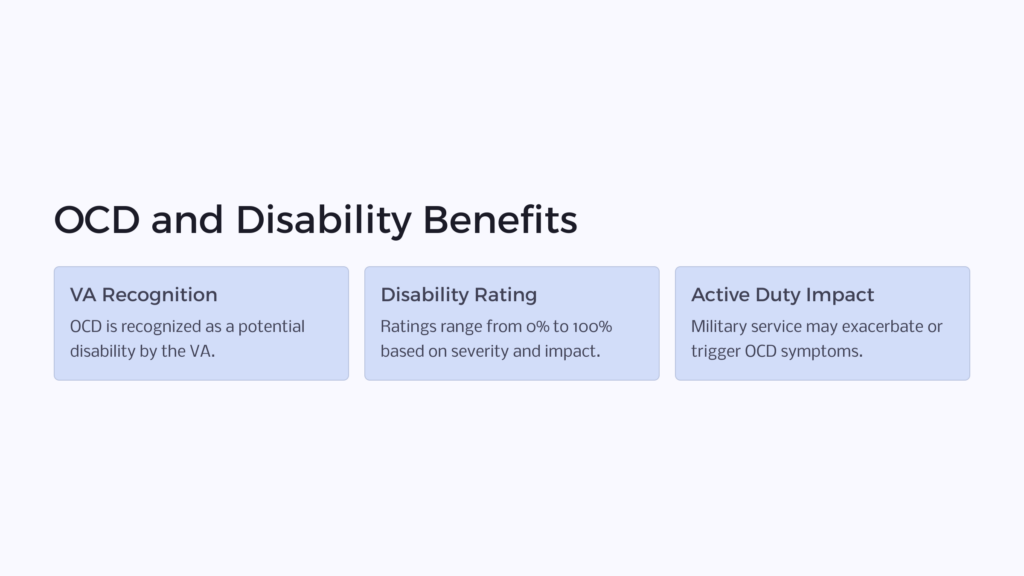
A disability is a condition that significantly impedes one or more major life activities. Essential tasks include activities such as caring for oneself, performing manual tasks, seeing, hearing, eating, sleeping, walking, standing, bending, speaking, breathing, learning, reading, concentrating, thinking, and working.
However, not all OCD cases may qualify as a disability. The obsessive compulsive behaviors indeed interfere with normal functioning, but the severity and frequency of these behaviors vary widely among individuals causing a differentiation between cases that merely cause distress and those that cause significant functional impairment.
In general, the VA recognizes OCD as a disability, and will offer SSDI benefits to those who qualify. The typical disability rating given to OCD can vary depending on the severity and impact on daily functioning, ranging from 0% to 100%. The rating is determined by the VA based on how the condition affects the individual’s ability to work and perform daily activities.
Note that active duty can potentially exacerbate or trigger OCD symptoms due to the stress, trauma, and demands of military service. The structured and high-pressure environment of active duty may impact individuals with OCD differently, affecting their symptoms and coping mechanisms.
Legal Perspective on OCD as a Disability
In legal terms, the American with Disabilities Act (ADA) protects individuals with disabilities from discrimination in various aspects of life, including employment, transportation, public accommodations, communications, and access to state and local government programs and services. The ADA classifies as a person with a disability, someone who has a physical or mental impairment that significantly impacts daily living.
If the VA denies your disability claim for OCD, you have the right to appeal the decision. You can provide additional evidence, seek assistance from a veterans service organization, or request a review by a different VA rating specialist to potentially overturn the denial. In some cases, assistance from a disability lawyer may be helpful.
 Benefits.com Advisors
Benefits.com Advisors
With expertise spanning local, state, and federal benefit programs, our team is dedicated to guiding individuals towards the perfect program tailored to their unique circumstances.
Rise to the top with Peak Benefits!
Join our Peak Benefits Newsletter for the latest news, resources, and offers on all things government benefits.















